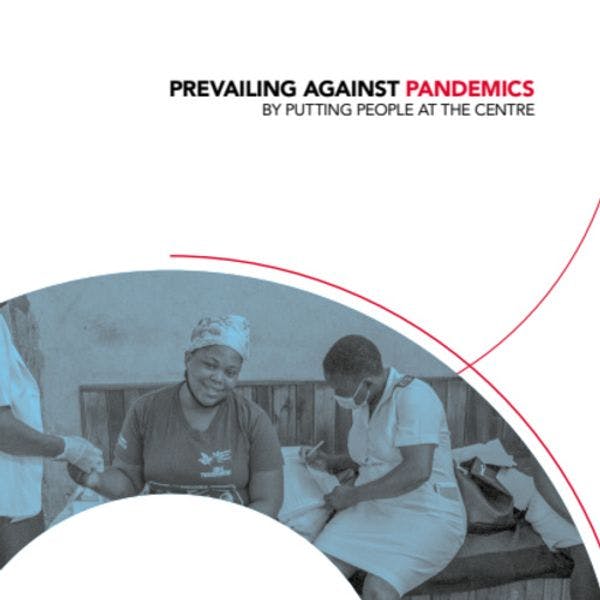UNAIDS
Lutter contre la pandémie en accordant une place centrale aux personnes – Rapport à l’occasion de la Journée mondiale contre le SIDA de 2020
L'ONUSIDA appelle les pays à soutenir les initiatives communautaires et adopter une nouvelle série d'objectifs audacieux mais réalisables en matière de VIH, notamment en ce qui concerne l'abrogation des lois destructrices axées sur la criminalisation. Pour en savoir plus, en anglais, veuillez lire les informations ci-dessous.
By UNAIDS
Five years after a global commitment to Fast-Track the HIV response and end AIDS by 2030, the world is off track. A promise to build on the momentum created in the first decade of the twenty-first century by front-loading investment and accelerating HIV service provision has been fulfilled by too few countries. Important gains in the most affected regions of sub-Saharan Africa and the Caribbean have been counterbalanced by rising epidemics in Latin America, eastern Europe and central Asia, and the Middle East and North Africa. Combined, these successes and failures result in global progress that is far too slow. Agreed milestones for 2020 have been missed. Nearly 700 000 deaths from AIDS-related causes and an 1.7 million new HIV infections in 2019 are unacceptable when effective therapeutics and prevention options are affordable and readily available.
Insufficient investment and action on HIV and other long-running pandemics have also left the world exposed to a new global health threat: COVID-19. Had health systems and social safety nets been even stronger, the world would have been better positioned to slow the spread of the novel coronavirus and withstand its impact.
The need for decisive action against deadly pandemics has never been clearer. Humanity must heed this latest warning to pay much greater attention to building global pandemic response capacity and fulfilling the right to health. There is a solid foundation to build on. The architecture, human resources and experience of the HIV response hold invaluable lessons. People-centred approaches to infectious disease prevention and control—long called for by people living with HIV and other civil society activists—are being accelerated to overcome lockdowns and other disruptions. Collective global efforts that prioritize people can transform the COVID-19 crisis into an opportunity to accelerate the HIV response and efforts to achieve universal health coverage and the Sustainable Development Goals (SDGs).
Téléchargements
Sujets
Régions
Profils associés
- UNAIDS
